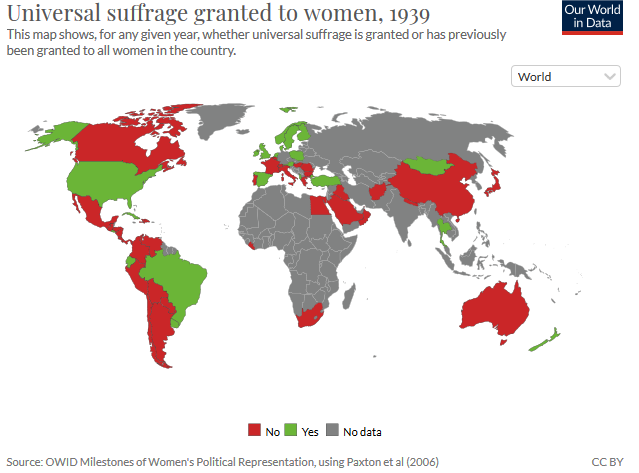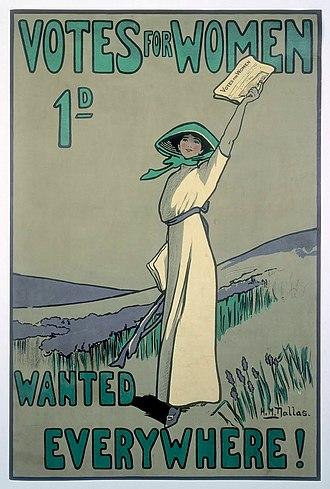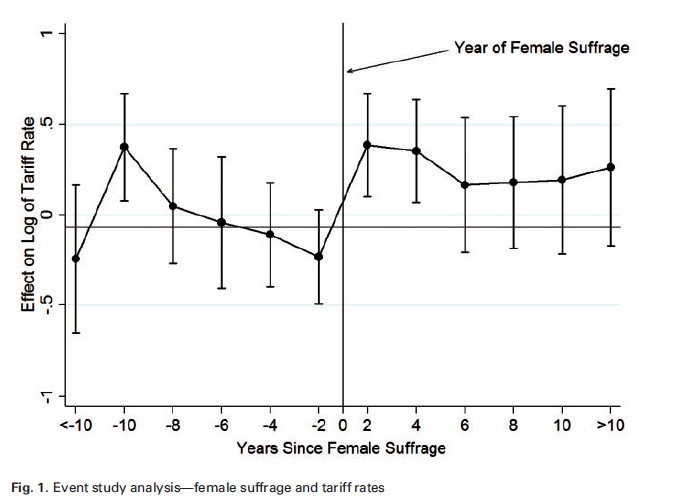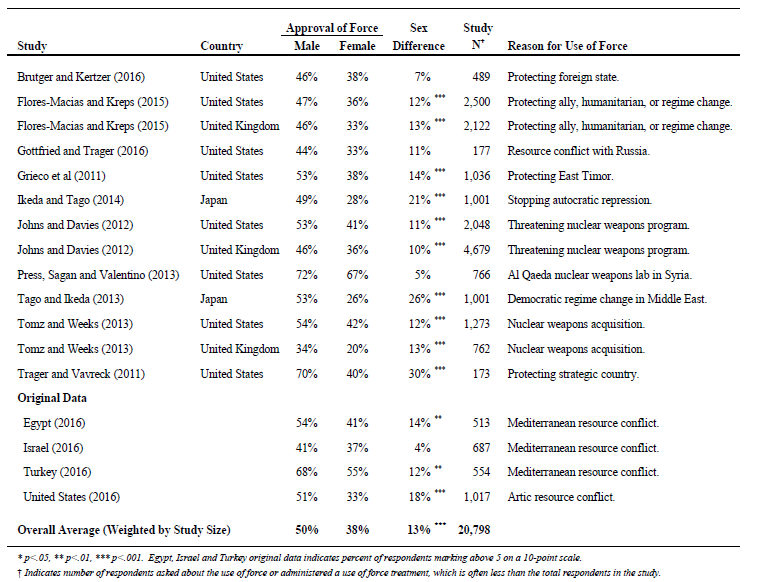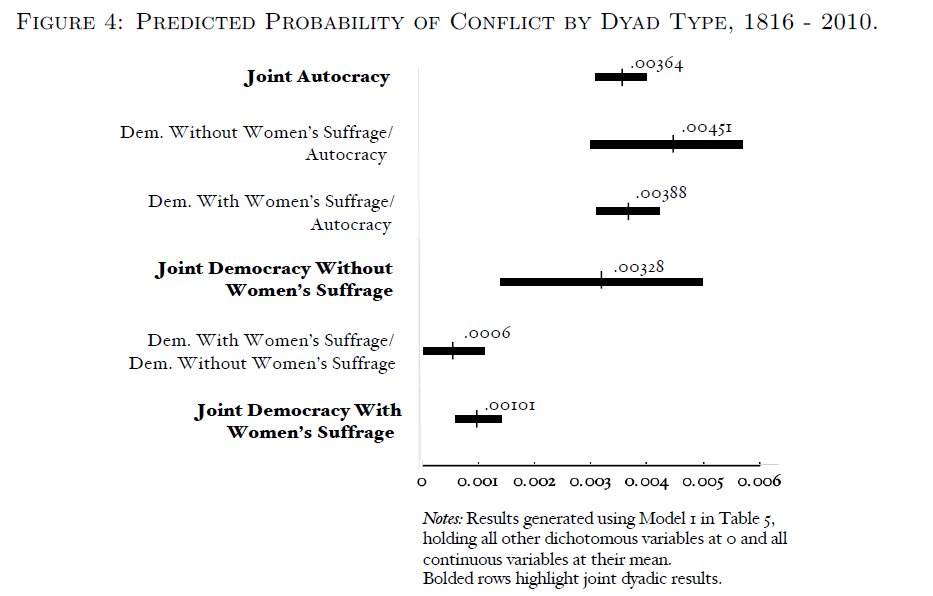This is a perfect opportunity to reflect on how women gaining the right to vote fundamentally changed international politics.
How? It transformed trade and war.
[THREAD]
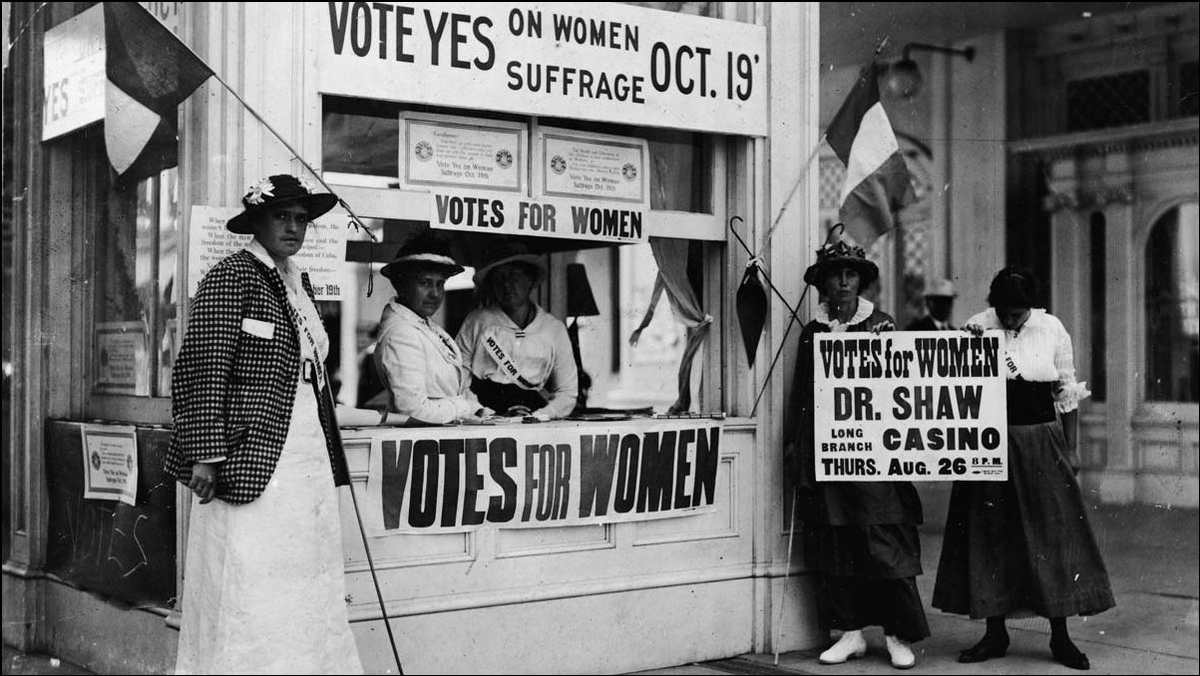
It truly was a process of 🌍diffusion.
Here is a map from @OurWorldInData showing which countries granted universal women's suffrage in 1919
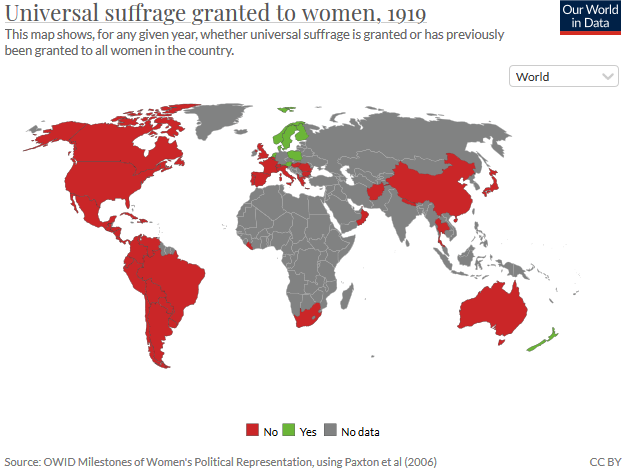
journals.sagepub.com/doi/abs/10.117…
books.google.com/books?id=3fDXA…
academic.oup.com/oep/article-ab…
For example, see this @ISQ_Jrnl piece by Edward D. Mansfield, Diana C. Mutz, & @lauraruthsilver
academic.oup.com/isq/article-ab…
But given that it seems to exist, what are the implications?
books.google.com/books?id=Qk1fl…


What about war?
foreignaffairs.com/articles/unite…

books.google.com/books?id=vu3Dq…
For example, see the @ISQ_Jrnl paper by @IkeEichenberg
academic.oup.com/isq/article-ab…
- countries w/ universal women's suffrage should be less likely to enter conflict.
- If 2 countries have universal women's suffrage, then it's VERY unlikely that either country will use force against the other.
Ego, Democratic Peace!
The outcome variable is the initiation of a militarized dispute.
But the key take away remains the same: it's a women's suffragist peace, rather than a democratic peace.
-- suffrage makes countries more peaceful
-- but suffrage makes countries more protectionist
-- being protectionist makes countries more likely to fight war (see "Commercial peace")
So...🤔
Those findings have profound implications for international politics, implications worth keeping in mind as we enter the next 100 years of women's suffrage.
[END]

